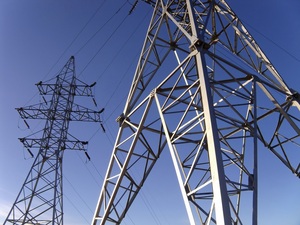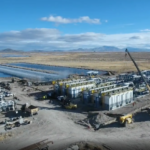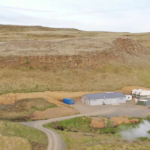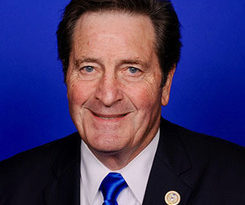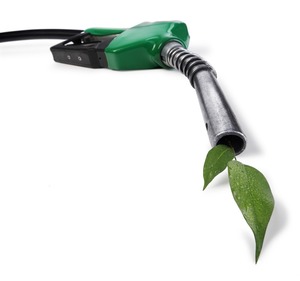New California law promotes the continued use of biomass power
Energy Disrupter
ADVERTISEMENT
California Gov. Gavin Newsom on Sept. 16 signed an expansive package of climate legislation, including a bill that extends for five years a requirement for electric investor-owned utilities (IOUs) to purchase energy from biomass generating facilities.
The bill, Senate Bill 1109, was passed by the California Assembly on Aug. 29 by a vote of 65 to 1. The California Senate voted 34 to 2 the following day to approve the legislation.
A previous law required electric corporations, by Dec. 1, 2016, to collectively procure, through financial commitments of five years, their proportionate share of 125 megawatts (MW) of cumulative rated generating capacity from bioenergy projects that began operations before June 1, 2013. Local publicly owned electric utilities serving more than 100,000 customers were also required to purchase their proportionate share of 125 MW of cumulative generating capacity from bioenergy projects subject to terms of at least five years.
SB 1109 extends to Dec. 31, 2023, the obligation for electrical corporations to collective procure their proportionate share of 125 MW of cumulative rated generating capacity from existing bioenergy projects that began operations before June 1, 2013, through financial commitments of five to 15 years, inclusive. Local publicly owned electric utilities that previously entered into a five-year financial commitment under existing law would be exempt from the new requirements, under certain conditions. The bill also requires any incremental procurement of electricity products from bioenergy resources or a new contract or a contract extension of five years or longer in duration to be from a resource that meets emission limits equivalent to, or more stringent than, the applicable best available retrofit control technology.
The California Biomass Energy Alliance is celebrating the signing of SB 1109. “CBEA applauds the Legislature and the Governor for their work to promote healthy forests and renewable energy by passing and signing Senate Bill 1109,” said Julee Malinowski-Ball, executive director of the CBEA. “We are especially grateful for Senator Anna Caballero’s hard work in support of the biomass industry and its thousands of direct and ancillary jobs.”
“SB 1109 is the right bill at the right time supporting California forest, energy, and climate policy,” added Malinowski-Ball.
According to the CBEA, leaving excess forest waste and overgrowth material in the California’s ecologically stressed forests leaves the forests at high risk of massively destructive wildfires, impedes the function of watersheds, diminishes wildlife habitat, and has other adverse effects on the forests. Undisturbed mature forests in California typically had a canopy-closure density in the neighborhood of 60 percent. Some of the state’s overgrown forests today have canopy closures above 90 percent. These forests are being choked, and, as a result, they cannot provide the level of ecosystem services they should be able to. This overgrowth has contributed to the loss of millions of acres of California’s forestland over the past 16 months.
The CBEA notes that California’s existing biomass facilities consumed nearly 1.3 million bone dry tons of wood waste last year, with most of that volume coming from forest waste. The biomass facilities are taking the forest waste and cutting criteria pollutant emissions by up to 98 percent with highly controlled emissions technologies compared with open burning.
“The biomass industry will continue to be an essential tool in reducing greenhouse emissions by providing clean, green, sustainable renewable energy,” said Julee Malinowski-Ball.
Additional information on SB 1109 is available of the California Legislature website.

